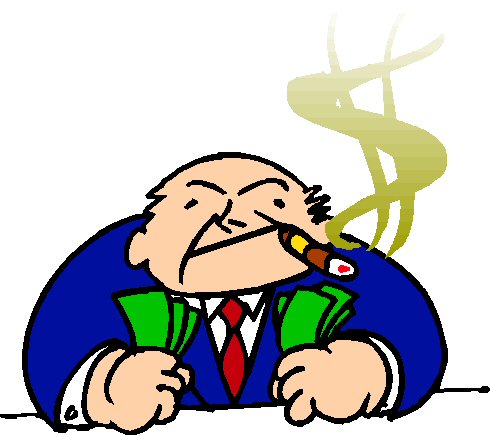
The true face of music
Artists like these are what lead many people to believe piracy to be a victimless crime. However, many artists depend on sales of their music in order to provide for themselves, and to have their music pirated and not bought is a huge blow to them. Many fans justify decisions to pirate music by saying that they support the band through purchases of merchandise and concert tickets. These purchases are meaningless though, if no one buys the bands music. Many music pirates also believe that music, not being a physical entity, is not something that can be "stolen". However, said music most likely required much hard work and funds to produce, and the profit from that music is what will allow the artist to make more music, as well as provide for themselves if they do not have any other method of income. And while some may say it's enough to spread the artists music and make them more popular, the popularity if of no practical use if the band cannot afford to produce more music do to piracy. And while some fans may believe that artists' attempts to make money from their work is "selling out" to "the man", sometimes it is the only option if an artist wishes to have sufficient funds to continue making music and live comfortably. While it may be easy for fans to artists have no right to sell music, it would be very difficult for said music to exist if it was not sold. Music has been a profession for centuries, since the ages of when members of nobility were the benefactors of talented musicians. Only in modern times, there are no men of the obscenely wealthy nobility willing to support an artists career from their own pockets, or at least, not enough to go around. So the duty must fall upon us, the consumers, to support our favorite artists through purchasing their music, despite how the ever encompassing materialism of the music industry violates our principles. It is merely a sacrifice that the music consumer must make, and therefore must find ways of "sticking it to the man" in ways that don't hurt his/her favorite artists.
The two faces of the music industry: Both of whom are hurt by piracy


3 comments:
I agree with you about the fact that it does not matter whether a song is stolen physically or on the internet, all of it is taking away from a musician's profit.
In what way is the statement that pirated music is lost revenue affirmed? In what way does it make sense to say that if someone did not have the option of pirating music that they would instead buy it? Streaming of music through Youtube/Soundcloud/etc. is easily more prevalent than piracy, and is entirely corporate, if artists truly expected 100% sales, why would they allow this?
From what you said, it seems that you are in support of fans buying music in order to keep the artist making their music. Have you always bought all of your music? If not do you plan on buying all of it in the future?
Post a Comment